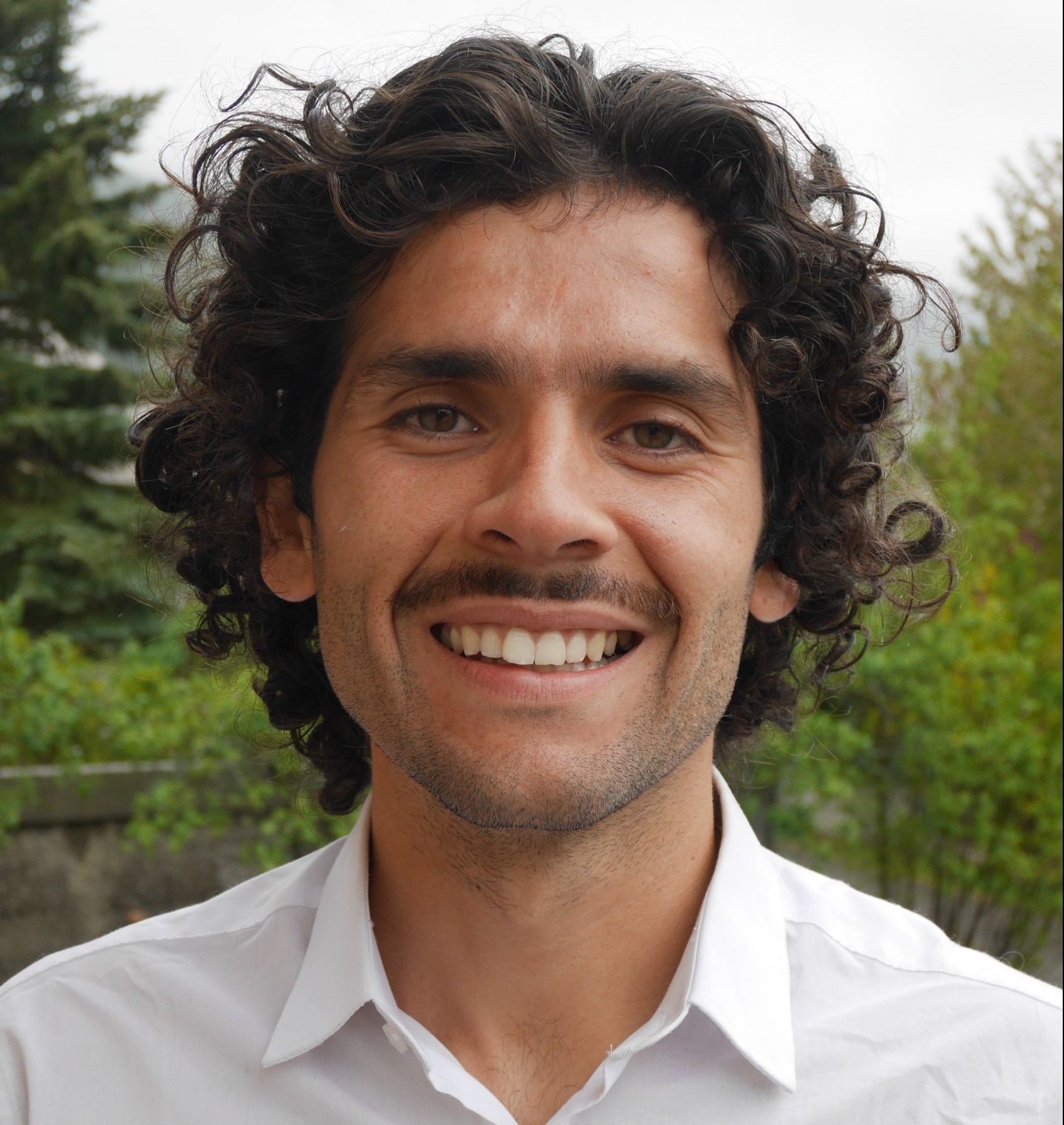Cristian Heredia Ligorria

Cristian is a PhD candidate in Environmental Law at the University of the West of England (UWE), analysing the effectiveness of climate litigation in Latin America from a decolonial perspective. He also serves as a Research Assistant at UWE on the project “Translating Rights of Nature into Local Action,” working alongside local stakeholders in Bristol. Previously, he worked as an environmental lawyer in the Water and Environment Service of the French Public Administration in Annecy. His academic background includes an LL.B. in Law from the National University of Córdoba, Argentina, and a double LL.M. in Global Rule of Law and Constitutional Democracy from the University of Genoa (Italy) and the University of Girona (Spain). His most recent paper presentation, delivered in March 2025 at the MOTH Festival of Ideas in New York City, focused on remedy design in rights-based climate litigation in Latin America.
Interview with Cristian:
What’s a climate litigation case or trend that has caught your attention recently, and why?
What has captivated me recently is the role of actors advancing climate litigation and advocacy across Caribbean states and territories. Internationally, whether individually or in diplomatic and negotiating bodies (COSIS and ASIS), Caribbean states have supported advisory opinion requests and proceedings (ITLOS, ICJ, and IACtHR) and pushed for loss and damage funds at various global forums.
In May 2025, Puerto Rico withdrew a lawsuit against multinational energy and petrochemical companies for climate-related harms, following threats from the U.S. Department of Justice. This reflects both the strategic use of climate litigation, and the constraints Caribbean territories face in pushing for ambitious, context-sensitive climate action. In a pending case in Bonaire (2024), residents—supported by Greenpeace Netherlands—sued the Dutch government for failing to protect the island from climate impacts. Although the court dismissed the residents’ standing, it recognized Greenpeace’s role, showing a transnational strategy that links local communities with international NGOs, similar to the Lliuya v. RWE case in Germany, over climate harms in Peru. In a decided case in Guyana (2020), a university lecturer and resident successfully challenged the EPA’s unlawful 23-year oil permits, resulting in their reduction to five years in line with national environmental law (similar pending cases here & here)
In Jamaica, climate litigation trainings by regional and non-profit organisations (CANARI and WCC) are raising awareness of legal tools for climate advocacy.
Together, these efforts caught my attention because of the actors’ diversity of levels and backgrounds bringing cases across multiple forums. This reflects a growing awareness of strategic legal action among different regional actors, where climate litigation remains a nascent governance tool.
What’s one project or aspect of your work in climate litigation that you’re particularly excited about in the next six months?
In the coming months, I look forward to advancing the follow-up work on a report currently under peer review, titled “Trends in Climate Legislation in the Caribbean,” co-authored with Cara Schulte and Maria Antonia Tigre for a special issue of the Carbon and Climate Law Review. Our aim is to identify key legislative trends across the region and draw lessons that can inform the development of more ambitious, context-sensitive legal frameworks.
Is there any specific place in the world that inspires you to continue your line of work in advancing climate justice/action?
The places that have most inspired my work are Latin America and, more recently, the Caribbean. Their structural and intersectional vulnerabilities to climate change, along with their resilience, legal innovation, and efforts to resist extractivist projects despite institutional weaknesses and centralized presidential systems, offer powerful lessons in climate and ecological justice from the Global South. I am particularly interested in strengthening the connection between these two regions to foster a more fluid exchange of experiences and strategies. I am also curious to learn from climate litigation efforts in other parts of the world.